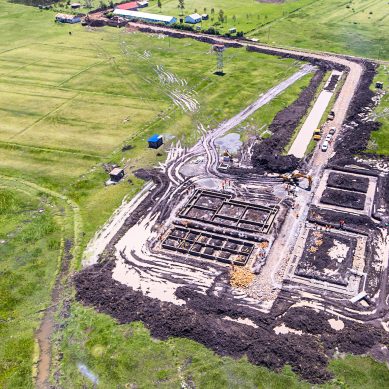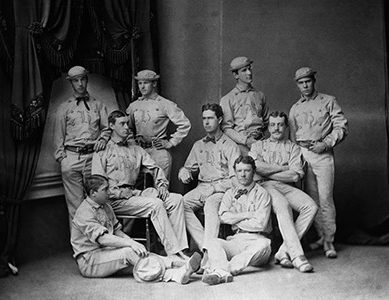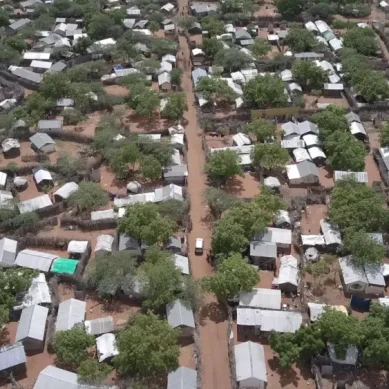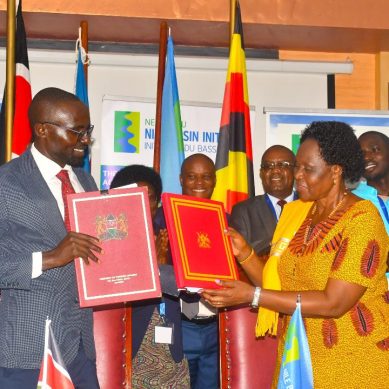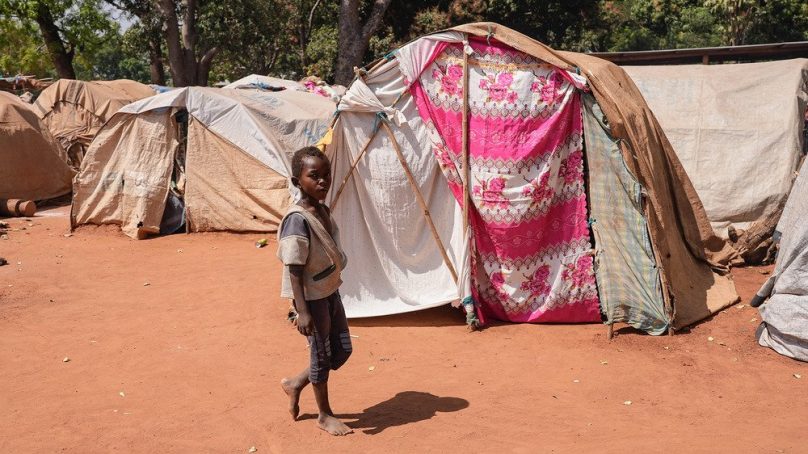
The remote county of Tambura, in the breadbasket state of Western Equatoria, went largely unscathed during five years of devastating conflict in South Sudan that killed almost 400,000 people.
But the county that survived a civil war has fared less well in a time of peace, as a fragile 2018 power-sharing accord between the ruling party and opposition groups triggers new conflicts that have polarised communities across this country of 11 million.
“We had hoped the war wouldn’t reach us,” said Tambura resident Bibiana Luca, sitting in a displacement camp across the road from a cemetery where she said roughly 150 bodies had been buried in collective graves.
Residents said the victims were killed by militias tied to elites seeking control over Western Equatoria, which was long held by ruling party appointees but is now, thanks to the power-sharing deal, led by an opposition-picked governor.
South Sudan’s civil war broke out in 2013 between forces loyal to President Salva Kiir and rebels led by his then deputy, Riek Machar. After signing the 2018 agreement, the rivals formed a unity government in 2020. Machar was again made vice president.
The UN’s peacekeeping mission in South Sudan, which has more than 13,000 troops on the ground and is known by its acronym UNMISS, claims political violence has reduced since the 2018 deal was signed.
But other UN experts and conflict-monitoring groups say such violence has in fact soared as politicians compete among one another for posts in the transitional unity government.
Though the number of displaced people initially fell following the agreement, it has since increased again to over 4.3 million and is now close to its peak. 2022 is, meanwhile, expected to be South Sudan’s hungriest in more than a decade, according to the UN.
The New Humanitarian visited Tambura – a western town and county close to the border with Central African Republic – late last year, becoming one of few international media outlets to document a crisis that has seen hundreds killed and at least 80,000 displaced.
The devastation was plain to see in Tambura town: Local buildings were riddled with bullets, burnt houses lined abandoned neighbourhoods, and residents shared images of relatives’ charred bodies and corpses being pulled out of latrines.
The conflict and resulting displacement crisis have created challenges for humanitarian agencies, which have had to send support to a traditionally food-sufficient area even as they slash aid rations elsewhere due to funding constraints.
And though fighting has eased since October – following an agreement between local authorities, the military, and community leaders – sporadic clashes have continued, forcing residents to abandon their homes and fields.
“We depend on agriculture, and the conflict happened during the harvest,” said Susana Weka, a 33-year-old from Tambura who said her husband was killed by militias last year in a village close to the town.
“[When the civil war ended], we felt happy we survived it, but unfortunately war erupted [here] and we don’t know why,” Weka said from a displacement camp beside a church. “We just want to live in peace like the way things were.”
South Sudan became independent in 2011 after enduring centuries of slave-raiding, colonial neglect by British administrators who deliberately underdeveloped the region and brutal rule by Khartoum.
The civil war in 2013 resulted in an initial peace accord two years later, though the deal fell apart amid renewed clashes between Machar and Kiir’s forces. The war then expanded into Equatoria – a region that includes Western Equatoria – though Tambura remained largely untouched.
Although the current peace deal has lasted longer, implementation has been sluggish. Thousands of government and opposition forces languish in training sites waiting to join a unified army, while justice and reconciliation provisions are frozen.
Analysts say aspects of the accord focused on power-sharing are responsible for much of the current unrest. According to the deal, conflict parties are entitled to appoint a designated share of governors, county commissioners, and other local positions.
This system has led to a crisis of political legitimacy as Juba elites choose leaders who locals don’t recognise, while the replacement of ruling party figures with opposition picks has disrupted what some politicians see as regions, they have a right to control.
In Western Equatoria, most governors were previously appointed because of their strong ties to Kiir’s party and to the locally pre-eminent Avungura clan of the Azande group, who constitute a majority in Tambura.
But in mid-2020, Machar chose Alfred Futuyo – a former opposition commander and half-Balanda (a minority group in Tambura) for the job – one of several governorships his party obtained through the accord.
- The New Humanitarian report
